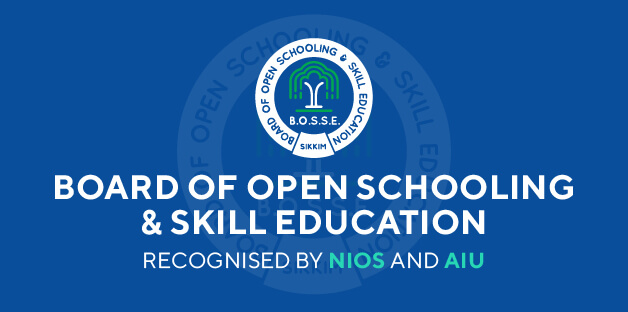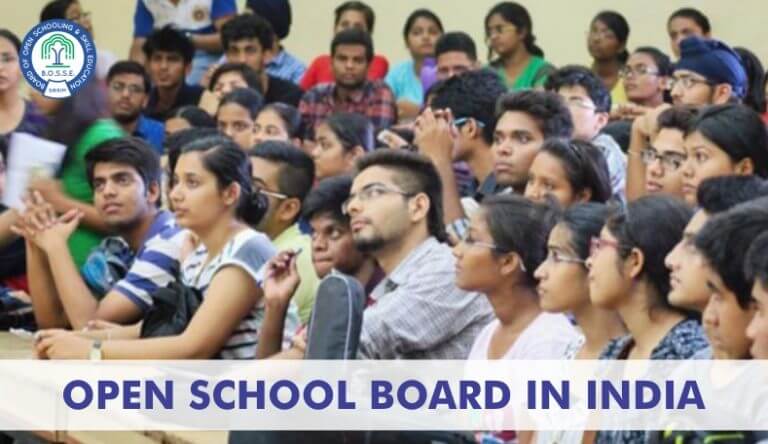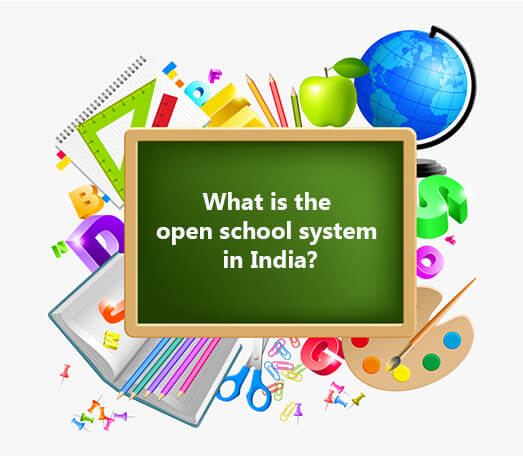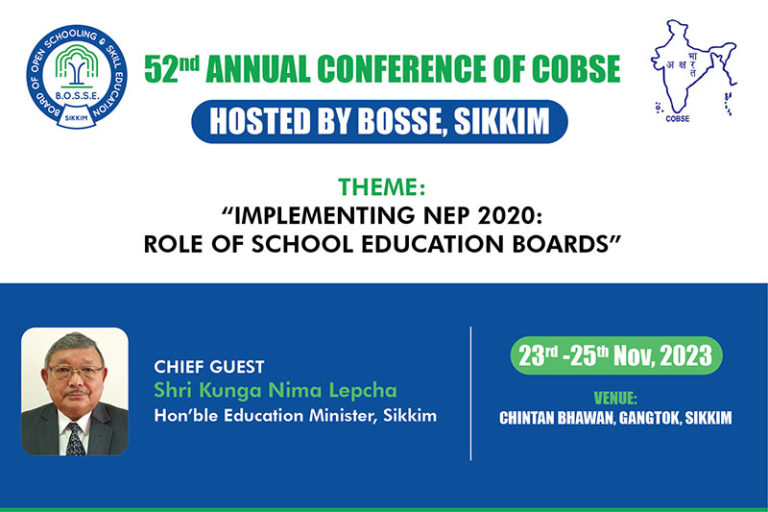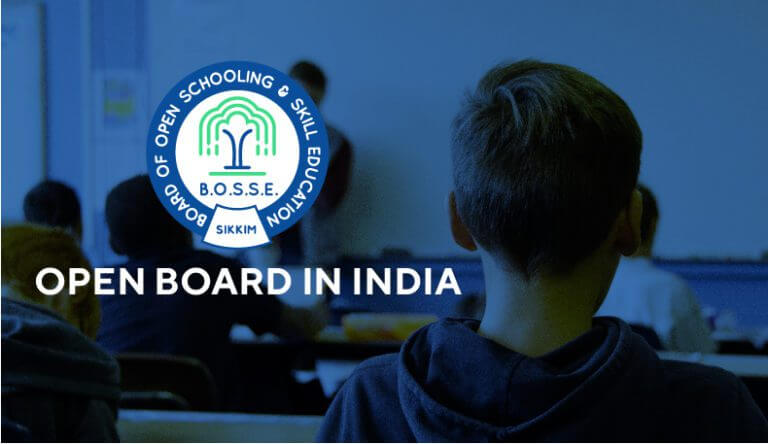Advantages of NIOS Admission
Students who take NIOS Admission is open schooling education where students take admission which typically refers to a flexible and accessible form of education that is not bound by the constraints of traditional brick-and-mortar schools, holds significant importance for a country in several ways:
Inclusivity and Access:
Open schooling education can reach individuals who may not have access to regular schools due to geographical, economic, or other barriers. This promotes inclusivity and ensures that education is accessible to a wider population, including those in remote or underserved areas.
Lifelong Learning:
Students who take NIOS admission through this people of all ages engage in education and skill development, promoting lifelong learning. This is essential in a rapidly changing world where individuals need to continually acquire new knowledge and skills to adapt to evolving employment markets.
Addressing Special Needs:
Open schooling caters to the needs of students with disabilities, health issues, or other challenges, offering a more accommodating and individualized learning environment.
Flexibility:
Open schooling often offers more flexibility in terms of schedules and learning styles, allowing students to balance education with work, family responsibilities, or other commitments. This is particularly beneficial for adult learners.
Skill Development:
Education in National Institute of open schooling (NIOS), Open schooling programs focus on practical skills and vocational training, which are crucial for the economic development of a country. They can prepare individuals for a wide range of job opportunities.
Reducing Dropout Rates:
Open schooling can provide a second chance for those who dropped out of traditional schools. It offers an alternative pathway to completing their education and obtaining a diploma.
Overcoming Overcrowding:
In densely populated areas, BOSSE open schooling can help alleviate overcrowding in traditional schools by offering an alternative educational pathway.
Cost-Effective:
It can be more cost-effective than building and maintaining physical school infrastructure. This can be especially significant in countries with limited resources.
Customization:
Open schooling often allows for more personalized and self-paced learning experiences, catering to individual learning styles and speeds.
Supporting Innovation:
Open schooling systems often embrace innovative teaching methods and technologies, which can lead to educational advancements that benefit the entire education sector.
Global Competitiveness:
By providing a more educated and skilled workforce, open schooling contributes to a country’s competitiveness on the global stage, attracting investment and enhancing economic growth.
Cultural and Linguistic Diversity:
Open schooling can cater to diverse linguistic and cultural backgrounds, preserving and promoting the country’s rich heritage and traditions.
Meeting Demand for Higher Education:
Open universities and distance learning programs can help meet the growing demand for higher education, particularly in countries with a young and aspirational population.
Altogether, open schooling education can play a crucial role in improving access to quality education, fostering social inclusion, and equipping individuals with the skills and knowledge they need to contribute to the socioeconomic development of their country. It is particularly important in addressing the challenges of the 21st century, where education is increasingly seen as a key driver of progress and innovation.



